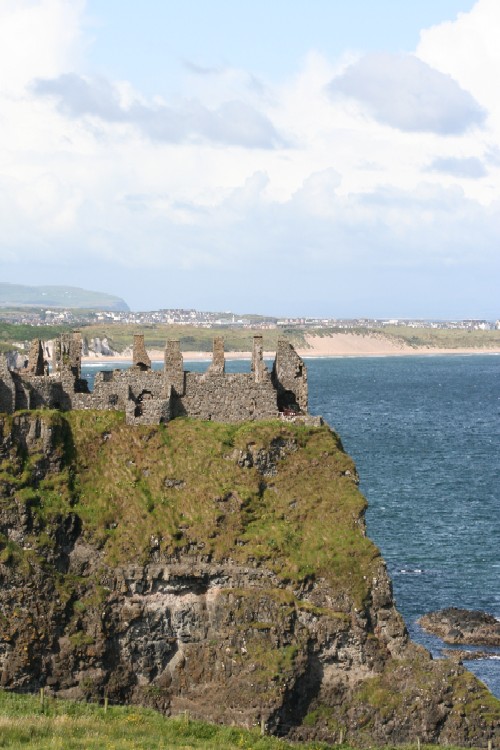
d.Guilt and the coming Captivity.
(Ch.10:1-8).
In this section Hosea speaks more explicitly to Israel concerning her future captivity.
Verse 1.
With prosperity came spiritual decline. In the early days Israel obeyed the will of Yahweh but because of prosperity and a failing desire to depend on God, a substitute religion was unconsciously introduced. So Isreal built "alters and sacred stones" and turned away from Yahweh and the life of faith.
Verse 2.
Israel had become conceited and deceitful "halaq" which means smooth or flattering and very insincere.There false idols of stone and wood would be destroyed by Yahweh.
Verse 3.
Israel will admit that they have no king simply because they do not revere the Lord.They also testified to the fact that their situation was so bad that even if they had a king he could do nothing for them.
Verse 4.
The sin of deceitfulness is explained more clearly in this verse by Hosea, Isreal had made many promises, false oaths and signed contracts. Inside the life of the nation, "Mispat" or lawsuits would have seen to have been the normal pattern of the nation.
Verse 5.
Even though Samaria (Israel) knew that they would be shortly be punished for their sin,it would seem clear that they were more interested and concerned about their calf-idol at Beth-avon. It's people "ammo" identifies the people of Israel as the people of the golden-calf and not the people of Yahweh.It's people and it's priests (ke marlm 2 kings 23:2) are more interested and worried about the golden calf which would be left behind them when they go into captivity.
Verse 6-7.
This verse talks about the Assyrian captivity, the golden-calf so loved and worshipped by Isreal will be carried off as tribute to the assyrian king. All isreal will stand in disgrace and humilation. Their leaders will be like a twig in the river completely under the power of its flow.
Verse 8.
"The high places of wicketness" translate "bamot awen" the calf of the temple. (4: 15, 5:8, 10:5). The Assyrians will completely devastate Israel, her lands, her so called Holy places until there is nothing left but thorns and thistles.The children of Israel after seeing all this devastation at the hands of the Assyrians would cry to the mountains to fall on them. (Luke 23:16,Rev.6:16).
e.Sin and Punishment.Ch.10:9-15.
In this section Hosea returns to speak generally about Israel's sin and Judgement upon her.
Verse 9.
Hosea reminds Isreal of an historical fact (judges 19-20) that is the sin of Gilbeah, the people of Gilbeah were heavily punished, how much more evil Israel who lives by similar evil practices.
Verse l0.
God would punish Isreal for their double sin "sette a wonotam" this probably refers to Baal and calf worship plus the departure of Isreal as a people from the law and rules of the house of David.
Verse 11.
Israel in former days had enjoyed the "privilege of threshing" but now she will be forced to work hard and suffer and sweat at the hands of the oppressor Assyria.
Verse 12.
Hosea gives the people some advice in this verse, he exhorts them to sow righteousness and in return they would reap kindness.The idea of ploughing a field represents the need for Israel to start over again and completely change their life-style. Hosea reminds Israel that this will only happen when they seek God with all their heart and only then will they escape the coming judgement.
Verse 13.
In this verse Israel were "haras" ploughing and planting wicketness and evil, deception was a way of life for them. They only relied on their own strength and on their army and not on their God. So in the light of that their strength would be tried to the full against the might of the Assyrian army.
Verse 14.
This verse reminds us how the Assyrians will be used to destroy the Israeli fortifications. Hosea compares all that will happen with what happened when Shalman devastated Beth-Arbel.(2 Kings 17:3-6).
Verse 15.
The meaning of this verse is simple, Israel will be completely devastated by the might of the forces from Assyria.